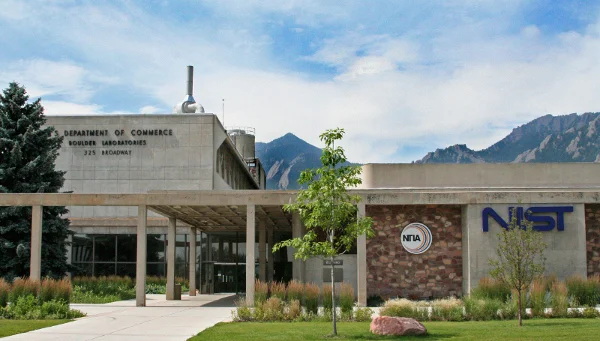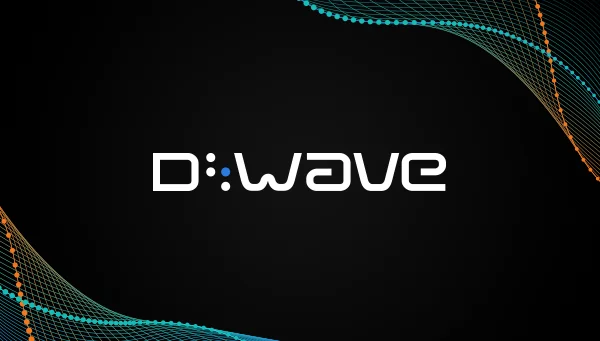Insider Brief
- Quantum Computing Inc. posted a second-quarter net loss of $36.5 million, driven by higher operating costs and a $28 million non-cash warrant liability charge, as revenue fell to $61,000.
- The company reported new sales across quantum sensing, AI, and cybersecurity, opened its Tempe photonic chip foundry, and deepened partnerships with NASA and international research institutions.
- QCi’s cash position rose to $348.8 million following a $188 million private placement, while it gained index inclusion in the Russell 3000 and 2000 during the quarter.
Quantum Computing Inc. reported a sharply wider second-quarter loss as higher operating expenses and a large non-cash charge offset progress in winning new customers across its quantum sensing, cybersecurity and AI efforts. The results, released in the company’s quarterly statement, show a business in early commercial rollout but facing steep costs as it scales.
The company posted a net loss attributable to common stockholders of $36.5 million, or $0.26 a share, for the three months ended June 30, 2025, compared with a loss of $5.2 million, or $0.06 a share, in the same quarter last year. QCi attributed most of the increase to a $28 million non-cash loss tied to the mark-to-market valuation of a warrant derivative liability dating back to its 2022 merger with QPhoton.
Revenue Dip and Cost Pressures
Revenue fell to $61,000 in the quarter from $183,000 a year earlier. Gross margin rose to 43% from 32%, but the company suggested in the statement that at current revenue levels such swings are not significant. Operating expenses nearly doubled to $10.2 million from $5.3 million, driven mainly by higher employee-related costs, according to the statement.

The company’s cash position strengthened sharply with total assets reaching $426.1 million, up from $153.6 million at year-end 2024. Cash and equivalents jumped by $269.8 million to $348.8 million, helped by $188 million in net proceeds from a private placement of common stock during the quarter. Total liabilities fell to $30.1 million from $46.3 million, primarily due to non-cash changes in the warrant liability’s fair value. Shareholders’ equity rose to $396.0 million.
QCi reported several sales and shipments that it said expand the footprint of its quantum and photonic technologies. Delft University of Technology in the Netherlands ordered a Quantum Photonic Vibrometer for advanced research in non-destructive testing and structural health monitoring. The company also shipped its first commercial entangled photon source to a leading research institution in South Korea, designed for compatibility with standard fiber optics to enable secure quantum communication research.
In AI, QCi reportedly sold its EmuCore photonic reservoir computing device to a major — but unnamed — global automotive manufacturer for edge-based machine learning applications such as time-series prediction and image recognition. The company also reported that, after the quarter ended, it received its first U.S. commercial sale of quantum cybersecurity solutions from a top-five domestic bank.
The company highlighted its growing work with NASA, noting a subcontract worth up to $406,478 from NASA’s Langley Research Center. The project will use QCi’s Dirac-3 quantum computer to develop methods for removing solar noise from space-based LIDAR data, a challenge that has limited the agency’s ability to conduct reliable daytime atmospheric sensing. QCi said the work could also reduce the size, weight, and power needs of such systems.
QCi’s quantum photonic chip foundry in Tempe, Arizona, which was completed in March and formally opened in May, is now operational. The 9,200-sq-ft leased facility nside the ASU Research Park produces thin-film lithium niobate photonic chips for data communications, telecommunications, advanced sensing and quantum computing markets.
Leadership Changes and Index Inclusion
The quarter also saw leadership changes. Dr. Yuping Huang became interim chief executive officer, Chris Roberts was named chief financial officer, Dr. Milan Begliarbekov was promoted to chief operating officer, and Dr. Pouya Dianat became chief revenue officer.
On June 30, QCi was added to the Russell 3000 and Russell 2000 indexes, increasing its exposure to institutional investors and index funds. The company described the inclusion as further recognition of its push to deliver practical quantum and photonic technologies.














